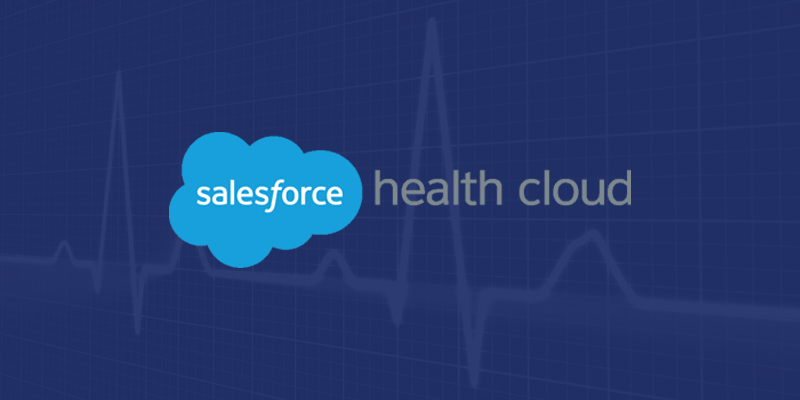
How is Salesforce Health Cloud Useful?
minutes read
Salesforce Health Cloud is a health IT CRM system that incorporates doctor-patient relationship and record management services.
Health Cloud bolsters one-to-one relationship management through a patient profile that integrates data from various information sources, including electronic medical records (EMRs), therapeutic gadgets and wearables.
Health Cloud is among an increasing number of platforms that support a more engaged and tech-savvy patient base. According to Salesforce.com, 71 percent of recent college grads want doctors to provide mobile apps that support active engagement in health management; 63 percent need to have the capacity to send information from wearable gadgets to their specialists.
Why is it considered essential?
Designed to solve communication challenges and fill patient engagement gaps, Salesforce Health Cloud aims to connect patients and caregivers, with a focus on comprehensive visualizations of patient charts. It also offers management and administrative features for clinicians. Despite the appeal of these capabilities, many health IT professionals believe Salesforce’s platform will face strong competition from top EHR vendors’ existing web portals.
Worldwide CRM leader Salesforce has announced the launch of its new Health Cloud for payers, which will be available in October 2018. The innovation will give every health payer a complete view of members in a single dashboard, driving productivity for service agents and clinical professionals.
Eminent for delivering personalised healthcare experiences, the organization will likewise empower payers to make customizable, interactive and very intelligent, connected experiences, improving member outcomes and reducing medical costs.
Also, individuals can create connections by defeating obstruction to mind, get alarms by means of portable and associate with clinical experts through any advanced channel.
How is it useful?
Salesforce Health Cloud help hospitals monitor gaps in a patient’s care and communicate with patients outside the hospital setting via technologies including telehealth. Closing gaps in care can improve health and clinical outcomes.
Clinicians can use the new Health Cloud Assessments features to conduct a daily survey with patients to gauge, say, their level of pain or range of motion after a joint replacement surgery, for example.
The assessments can also include lifestyle, emotional response, health risks, patient activation, and other considerations.
Hospital analytics are connected to all of this. The assessment, clinical data can be drilled into to find patients that might need an intervention, a phone call or a follow-up. With the combination of analytics, assessments and care plans, healthcare can get to a closed-loop system.
Do you have any queries related to Salesforce Health cloud? Reach out to our team and we’d love to talk!!
